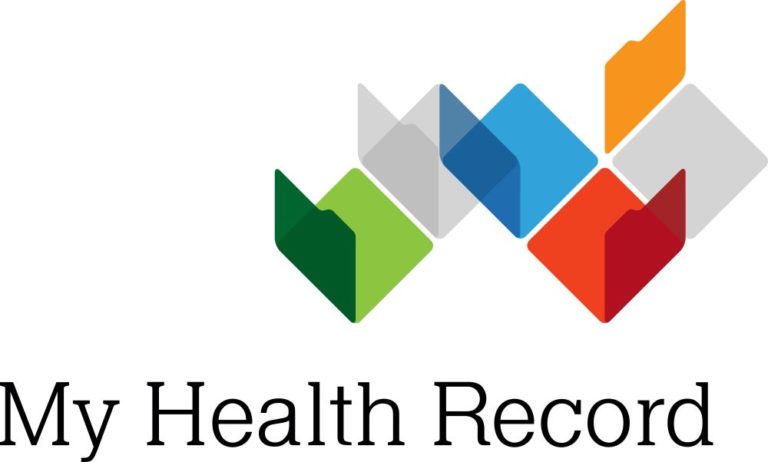[vc_row][vc_column][vc_column_text]With the possibility of a change of government in Canberra, it’s a timely opportunity to look at Australia’s alternative Health Minister, the Hon. Catherine King MP.
The next Federal Minister for Health will walk into a portfolio that has an annual budget of close to $100 billion they will be expected to manage. From approving medicines to list on the PBS and approving prostheses that satisfy the criteria for the Prostheses List, to negotiating with State and Territory Health Ministers for the 1,300 hospitals in Australia, an incoming Health Minister will be entering a broad and complex sector.
Born in Melbourne, Victoria King holds a Bachelor of Social Work from RMIT, a Master of Arts (Public Policy) from ANU, and a Bachelor of Laws from Deakin University. Impressively, King completed her Bachelor of Laws while serving as a Member of Parliament.
Following university, King worked in Ballarat as a social worker at the Children’s Homes and Family Service, before pursuing her strong sense of public service in Canberra where she worked with the then Department of Health and Aged Care as an assistant director and later as director. King has also worked in the private sector as a consultant with KMPG before running for parliament.
Following the 2001 Federal Election, King was elected to represent the seat of Ballarat, where she succeeded Michael Ronaldson to become the first woman to represent Ballarat in the Federal Parliament.
Not long after entering parliament, King was promoted to serve as Labor’s Shadow Parliamentary Secretary for Regional Development in 2004, and, in 2005, was promoted again to the position of Shadow Parliamentary Secretary to the Treasurer.
After the 2010 Federal Election, which saw the Gillard Government form a minority government, King was elevated to the ministry serving in a number of roles including Parliamentary Secretary for Infrastructure and Transport, and Parliamentary Secretary for Health and Ageing.
In March 2013, Catherine King was again promoted, this time as a Minister responsible for Regional Services, Local Communities and Territories, and Minister for Road Safety in the Gillard Government. After Labor’s leadership change from Julia Gillard back to Kevin Rudd, King was appointed to Cabinet in July 2013 as Minister for Regional Australia, Local Government and Territories.
After the Coalition’s electoral victory in the 2013 Federal Election, King was appointed by Opposition Leader Bill Shorten to serve as Labor’s Shadow Minister for Health, a position she has held ever since.
King has previously stated that, if she were to become Australia’s next Federal Health Minister, her biggest focus would be addressing the growing burden of chronic disease in Australia, primary care reform and health equity.
Speaking at the George Institute Australia to an audience of over 150 stakeholders from across the healthcare sector, King said “around 7 million Australians have a chronic condition and nearly 90 per cent of premature deaths have a chronic disease as an underlying cause. The cost to the health systems is many billions of dollars. And prevention – as we all know – is the key to reducing much of that burden.”
King went on to say “a strong primary care system which includes a focus on protection, health promotion, disease prevention and early detection of those at high risk is critical to addressing chronic disease. An older population with higher rates of chronic disease means Australians will need more care and different types of it.”
If elected, Opposition Leader Shorten and Shadow Minister King have committed to establishing a permanent policy-making body called the Australian Health Reform Commission. The Commission will build on Health Care Homes and the MBS Review to give the government a realistic and detailed appraisal of how to achieve primary care reform.
In time, King wants the Commission to occupy a similar place in Australia’s institutional landscape, just as the Productivity Commission does now.
With health shaping up to become a key battleground for the election and considered to be a bread and butter topic for the Opposition, voters can expect to see more big spending commitments from both parties during the election campaign.[/vc_column_text][/vc_column][/vc_row]




